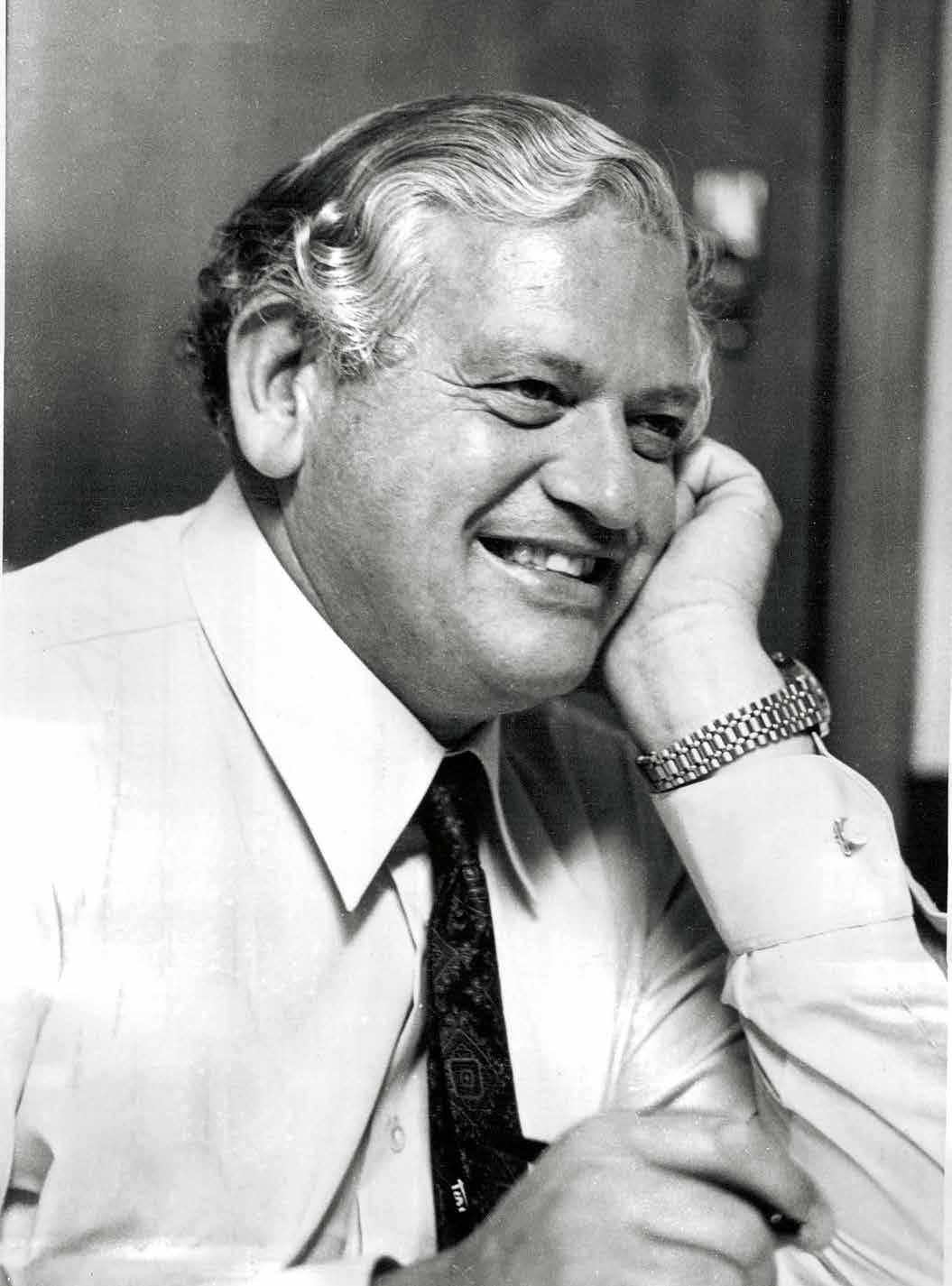
Norman Kirk always was a man in hurry. He left school at 12. He worked on the railways, on the ferries, in a dairy factory and at the Firestone factory in Christchurch. He built his own house in Kaiapoi; he scoured the shelves of the local library.
In 1953, aged 30, he became the youngest mayor in the country when he won the Kaiapoi local elections. Four years later, he won the marginal seat of Lyttelton for the Labour Party, and in 1965, successfully contested the party leadership.
By 1972, he had lost weight, bought a better-fitting suit and grown out his short back and sides. He visited the small towns of New Zealand, winning the hearts and votes of "the little people of the country", he later said, "the average families, the people who work in the factories and the farms, the manufacturers".
In November that year, this large (over 1.8m tall) working-class man swept Labour into power after 12 years of National Party leadership. Over the next 90 weeks, writes Denis Welch in We Need to Talk About Norman: New Zealand's Lost Leader, he tore into the business of government "as if there was no tomorrow". He pivoted the country away from Britain and the US to face Asia and the Pacific. He introduced policies that catered to people in the regions, to pensioners, pacifists, young people (almost a quarter of a million people voted for the first time in 1972) and environmentalists.
But there really was no tomorrow. Kirk's heart was playing up. While visiting India as prime minister, he had what appears to have been a stroke. What was almost certainly a heart turn came at the South Pacific Forum in Rarotonga in March 1974.
Back in New Zealand, he suffered a blood clot in his lung following an ill-advised double varicose vein operation. By the time he was admitted to the Home of Compassion in Wellington in late August 1974, his heart was enlarged by about 50%, only a third of one lung was working and his liver was swollen.
Denne historien er fra July 8 - 14, 2023-utgaven av New Zealand Listener.
Start din 7-dagers gratis prøveperiode på Magzter GOLD for å få tilgang til tusenvis av utvalgte premiumhistorier og 9000+ magasiner og aviser.
Allerede abonnent ? Logg på
Denne historien er fra July 8 - 14, 2023-utgaven av New Zealand Listener.
Start din 7-dagers gratis prøveperiode på Magzter GOLD for å få tilgang til tusenvis av utvalgte premiumhistorier og 9000+ magasiner og aviser.
Allerede abonnent? Logg på

First-world problem
Harrowing tales of migrants attempting to enter the US highlight the political failure to fully tackle the problem.

Applying intelligence to AI
I call it the 'Terminator Effect', based on the premise that thinking machines took over the world.

Nazism rears its head
Smirky Höcke, with his penchant for waving with a suspiciously straight elbow and an open palm, won't get to be boss of either state.

Staying ahead of the game
Will the brave new world of bipartisanship that seems to be on offer with an Infrastructure Commission come to fruition?

Grasping the nettle
Broccoli is horrible. It smells, when being cooked, like cat pee.

Hangry? Eat breakfast
People who don't break their fast first thing in the morning report the least life satisfaction.

Chemical reaction
Nitrates in processed meats are well known to cause harm, but consumed from plant sources, their effect is quite different.

Me and my guitar
Australian guitarist Karin Schaupp sticks to the familiar for her Dunedin concerts.

Time is on my side
Age does not weary some of our much-loved musicians but what keeps them on the road?

The kids are not alright
Nuanced account details how China's blessed generation has been replaced by one consumed by fear and hopelessness.